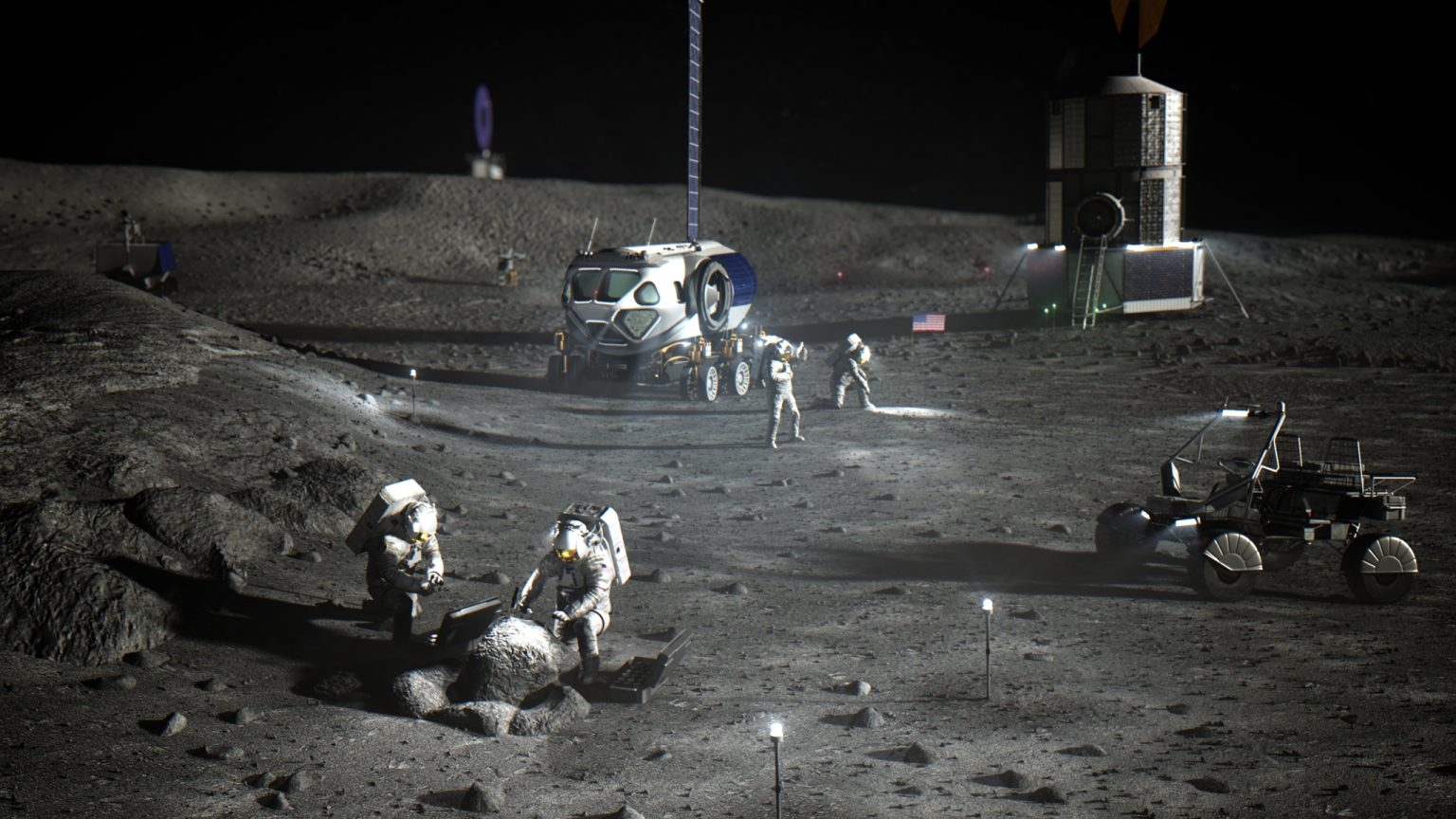NASA's Pluto Mission Draws Three Dozen Protesters
CAPE CANAVERAL - Aboutthree dozen people assembled at the spaceport Saturday to protest this month'splanned launch of a plutonium-powered space probe bound for Pluto.
The demonstrators madespeeches, sang songs and carried signs with messages such as "NASA puts usall at risk!" and "Even mousetraps malfunction. Is a mini-Chernobylin our community's future?" in opposition of the nuclear generator beingused to power the New Horizons spacecraft.
The protesters say a rocketexplosion could expose people, animals and the environment to dangerous dosesof radioactive plutonium. Many of the people who gathered outside CapeCanaveral Air Force Station alleged the mission is not just for scientificgain, but also to test the nuclear generator for use in space weapons.
"The public is tiredof being lied to," said Maria Telesca-Whipple, a married mother of twofrom Rockledge and an organizer with the Global Network Against Weapons &Nuclear Power in Space. "We have no problem with the peaceful explorationof space, but we don't think that's what plutonium in space is all about."
In general, thedemonstrators doubt government safety studies and disaster planning. Theydisputed NASA and Department of Energy estimates that there is a 1-in-350chance of a plutonium release if something goes wrong during the preparationand launch of the Atlas 5 rocket, which is set for Jan. 17.
The protesters said NASAhas downplayed the worst-case scenarios in its own studies and focused onstatistics that make the risk sound less dire. However, several protesters saidthat even if the government's risk numbers are accurate, the risk is too highto make the mission to explore Pluto worth the extra danger. As evidence thereis danger, the protesters cited government safety notices calling for people togo indoors and turn off the air conditioning if the rocket explodes.
Saturday's turnout wassmaller than for past protests of nuclear-powered space missions. Hundredsturned out in 1997 at the same air force station gate to demonstrate againstthe launch of the Cassini probe that is now beaming back scientific data andphotographs of Saturn.
Breaking space news, the latest updates on rocket launches, skywatching events and more!
"We are few, but werepresent many," said Peg McIntire, a 95-year old woman with the groupGrandmothers for Peace, who protested Cassini and other nuclear-powered spacemissions.
"We do representthousands of people, just this little group here," she said.
"A lot of folks'energies have been directed toward the ending-the-war movement,"Telesca-Whipple said of the crowd size. She said people are not as aware ofthis mission as some of the past probes that carried the nuclear generators,but those who she has spoken with are worried enough to consider leaving thearea before the launch.
There were no arrests.Spaceport security officials monitored from nearby but never had to leave theirposts. A military helicopter buzzed overhead several times during thedemonstration, its roar making it impossible to hear the words being spoken bytwo of the half-dozen speakers.
Publishedunder license from FLORIDATODAY. Copyright ? 2006 FLORIDA TODAY. No portion of this materialmay be reproduced in any way without the written consent of FLORIDA TODAY.
John Kelly is the director of data journalism for ABC-owned TV stations at Walt Disney Television. An investigative reporter and data journalist, John covered space exploration, NASA and aerospace as a reporter for Florida Today for 11 years, four of those on the Space Reporter beat. John earned a journalism degree from the University of Kentucky and wrote for the Shelbyville News and Associated Press before joining Florida Today's space team. In 2013, John joined the data investigation team at USA Today and became director of data journalism there in 2018 before joining Disney in 2019. John is a two-time winner of the Edward R. Murrow award in 2020 and 2021, won a Goldsmith Prize for Investigative Reporting in 2020 and was a finalist for the Pulitzer Prize in Investigative Reporting in 2017. You can follow John on Twitter.
